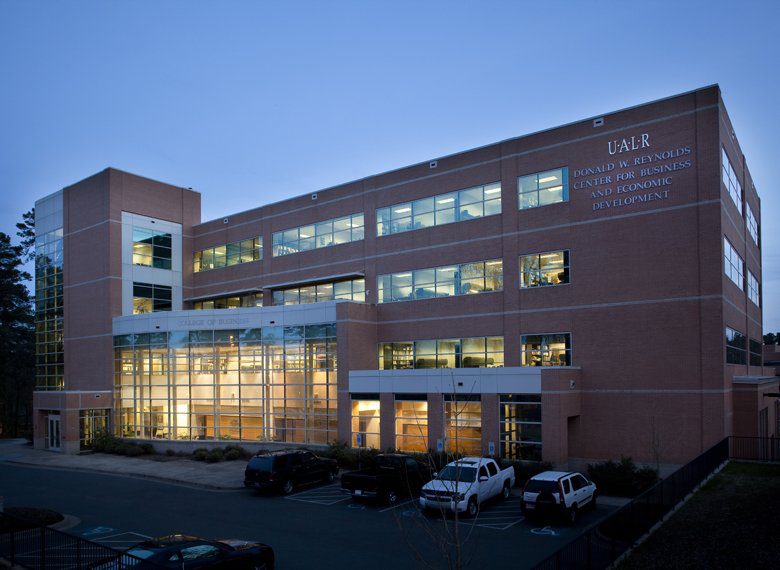One of the most encouraging developments in recent years is how the Networked Society is bringing about fundamental change for learning and education. According to Ericsson, the Networked Society is:
“When people, business and society are using connected devices for their benefit”.
This has been driven rapidly forward by the development of technology, and the Networked Society is thought to still be growing at rapid rates. Based on Ericsson traffic (2012) the organisation predicts that by 2017, mobile data traffic will grow 15 times. Indeed, by 2020, according to Ericsson there will be 50 billion connected devices and it is argued that 85% of the world’s population already has the ability to access mobile technologies. This is thought to be “redefining established systems and institutions”, says Ericsson, and nowhere is this truer than in the field of learning and education. In turn, education is bringing tremendous benefits to countries that were only in very recent history considered to be very poor developing countries.
Ericsson explains that the Networked Society is having a transformational effect on education. One of the biggest changes is that education is morphing and changing in many ways. It is now available all of the time rather than just in business hours, and it is accessible to more and more people via the World Wide Web. The collaboration that has gone into the development of some websites, such as Wikipedia has aided this change tremendously. People are now able to access all kinds of information 24/7 and this access to knowledge is also having the effect of driving entrepreneurship, according to Ericsson.
One of the major changes that has occurred specifically in the field of education is new classroom models and ecosystems that bring education to the masses. For example, Ericsson cite Coursera which is an online partnership of more than 30 universities based worldwide that provides courses that are available to anyone anywhere. This is a not-for-profit enterprise that Harvard and MIT have pioneered, and other very high quality learning institutions like Princeton and Stanford have quickly jumped on board. At the same time the Khan Academy changes the classroom model by helping students to be able to take lectures and home. There is minimal intervention from teachers and learning is achieved through peer coaching, discovery and exploration.
The Networked Society will impact every aspect of education according to Ericsson. The tools will be impacted as students are in some cases already working on laptops or tablets, or alternatively even interactive whiteboards. Interactivity is a key feature that schools will have to make sure they are ready to embrace. The virtual classroom will become a more widespread concept, and will be able to complement the physical classroom, bringing education across large distances. Meanwhile learning platforms are already being developed that help students to be able to monitor their own progress and provide feedback that can help them to improve their own learning. Ericsson explains that this even includes individualised information such as the provision of feedback on what time of day a student best learns and where more challenging tasks are needed to provide stretch for students.
All of this has ramifications across a wide range of different groups and people that are involved in delivering education to populations. For example, Ericsson believes that governments will need to have “bold visions” when considering their education plans for the country to continue to develop a culture of learning. Meanwhile, schools and universities will face a great deal more competition and new players will continue to emerge that shake things up. Creativity will be essential for schools and universities to be able to stay ahead of their competition, and both a physical and online environment will need to be considered in this. It is thought that the level of competition will lead to a reduction in price for education, and that universities will have to find ways to be more cost efficient to be able to keep up. At the same time teachers will need to be able to work in either a physical or online classroom environment, and Ericsson argues that their role will change from being a gatekeeper to knowledge to instead being a guide and coach. Parents will also be able to become more involved in their children’s learning in the Networked Society. Additionally students will benefit from a more flexible curriculum and individualised learning, but at the same time they will need to be accountable for the educational choices that they make.
Additional resource: an excellent video done by Ericsson where renowned experts and educators explain how learning and education are shifting away from a model based on memorization and repetition toward one that focuses on individual needs and self-expression.

Paula Newton is a business writer, editor and management consultant with extensive experience writing and consulting for both start-ups and long established companies. She has ten years management and leadership experience gained at BSkyB in London and Viva Travel Guides in Quito, Ecuador, giving her a depth of insight into innovation in international business. With an MBA from the University of Hull and many years of experience running her own business consultancy, Paula’s background allows her to connect with a diverse range of clients, including cutting edge technology and web-based start-ups but also multinationals in need of assistance. Paula has played a defining role in shaping organizational strategy for a wide range of different organizations, including for-profit, NGOs and charities. Paula has also served on the Board of Directors for the South American Explorers Club in Quito, Ecuador.

























